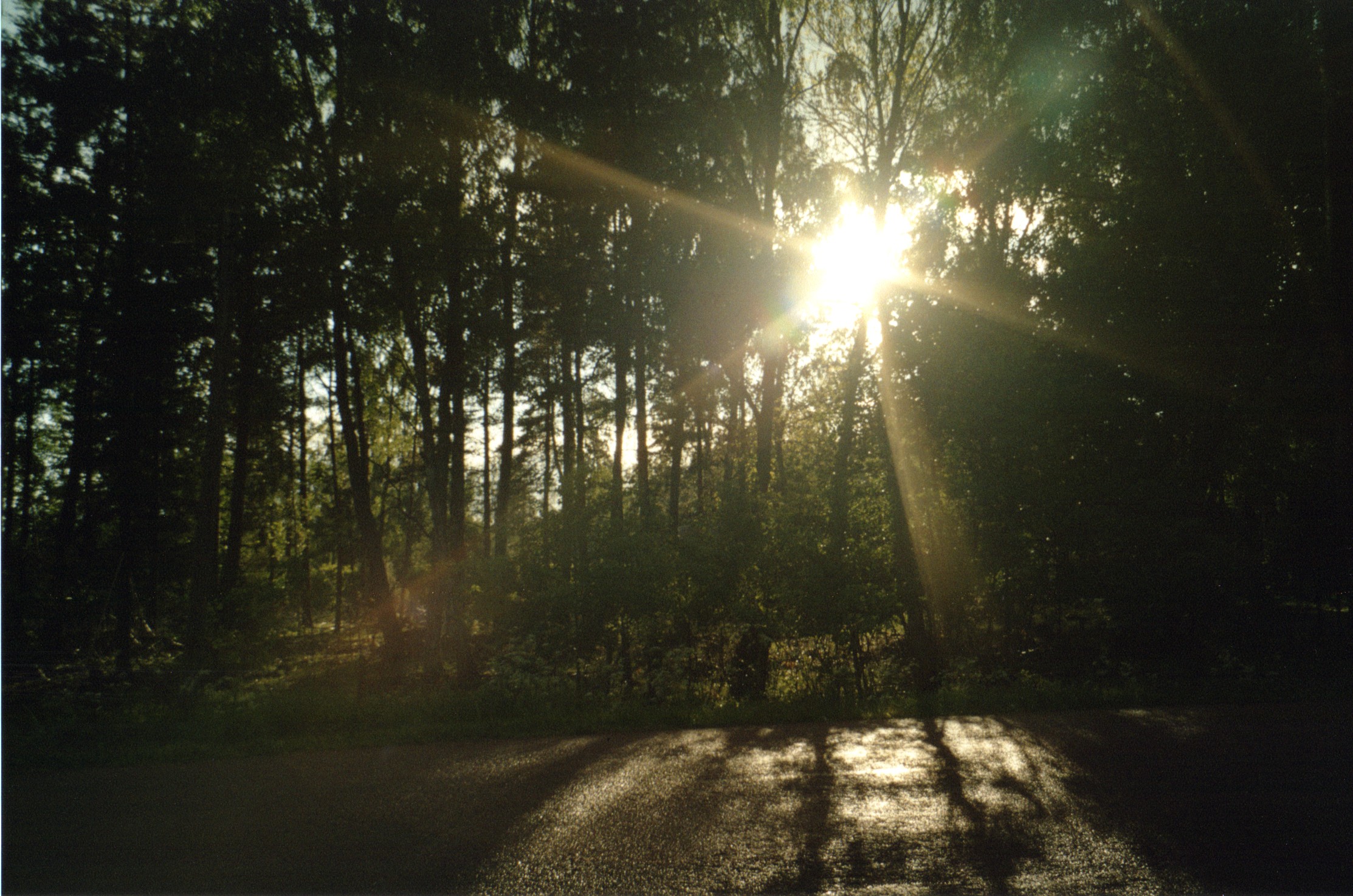Today's blog is dedicated to the memory of Mordecai Levow
my father-in-law
Yizkor on Yom Kippur is ... not about human frailty or the futility of human endeavors. Yizkor on Yom Kippur is about the power of others to affect us, about our power to affect others, about the power of the dead and the living to continue to affect each other. Yizkor on Yom Kippur is ... not simply about remembering the dead, by about attempting to effect change in our relationships with the dead and thus to effect change in ourselves and in our relationships with those who are still among the living.
(Rabbi Margaret Moers Wenig, in the CCAR Draft machzor, forthcoming 2015, Mishkan haNefesh, Yizkor service)
I've missed a number of days of Elul to blog because my father-in-law died last Wednesday. After his funeral in Florida on Friday morning, my wife and her sister returned to sit shiva at our home in Massachusetts. What happened over those days was a reflection of how love, healing, and change are truly what the rituals of remembrance are about, and enable us to do. For those who joined us for multiple nights of shiva, the change that occurred over those days as memories and reflections were shared was quite evident, and powerful for many.
Without sharing the specifics here, the journey we took was one that first confronted the past, and acknowledged the challenge of engaging with memory in the face of difficult relationships. Yet, with the honesty of needing to acknowledge the challenges, the blessings that emerged from those life experiences were also evident. On the following night, more family members gathered and a broader range of perspectives and memories were shared. There were many moments of laughter. There was a release - the laughter not only lifted the weight of some of the challenging memories, but also opened up the banks of memories that were positive and powerful. And so, by the third night, new stories had been laid bare and had risen to the surface. There were words of forgiveness, acceptance, and love. By the fourth night, in a beautiful, spontaneous sharing and connecting of memories and reflections connected to the words of specific prayers as we davenned (prayed) the ma'ariv (evening) service, there was a sense of completeness. We were speaking of a life lived, and memories that we carry with us, but embedded into the heart of the tefilot that were so much a part of Mordecai's being that, when advanced dementia had taken almost all else from him, davenning was the only activity that he could still do, in short bouts.
In the forthcoming CCAR machzor, Mishkan haNefesh, we find a version of precisely how we did our remembrances on the last night of shiva. We are offered 7 paths, where readings, psalms and reflective texts are woven around the 7 thematic blessings of the Tefilah, or Amidah prayer, the central prayer of our Shabbat and Festival liturgy. There is an abundance of material - many, many years worth of exploration and contemplation. There is a clear recognition that everyone remembers differently. There are ways to remember children who died too young. There is a prayer in memory of a parent who was hurtful. There are words to remember one who died violently. There are words to remember dearly beloved ones. And so many more.
As we return to Yizkor, year after year, we do not necessarily have to engage in the memories in the same way. With the passage of time, and the ways we remember may we, as invited by Rabbi Wenig in the reflection above, find the possibility to change our relationships with the dead, and thus effect change in ourselves and in our relationships with those who are still among the living.

